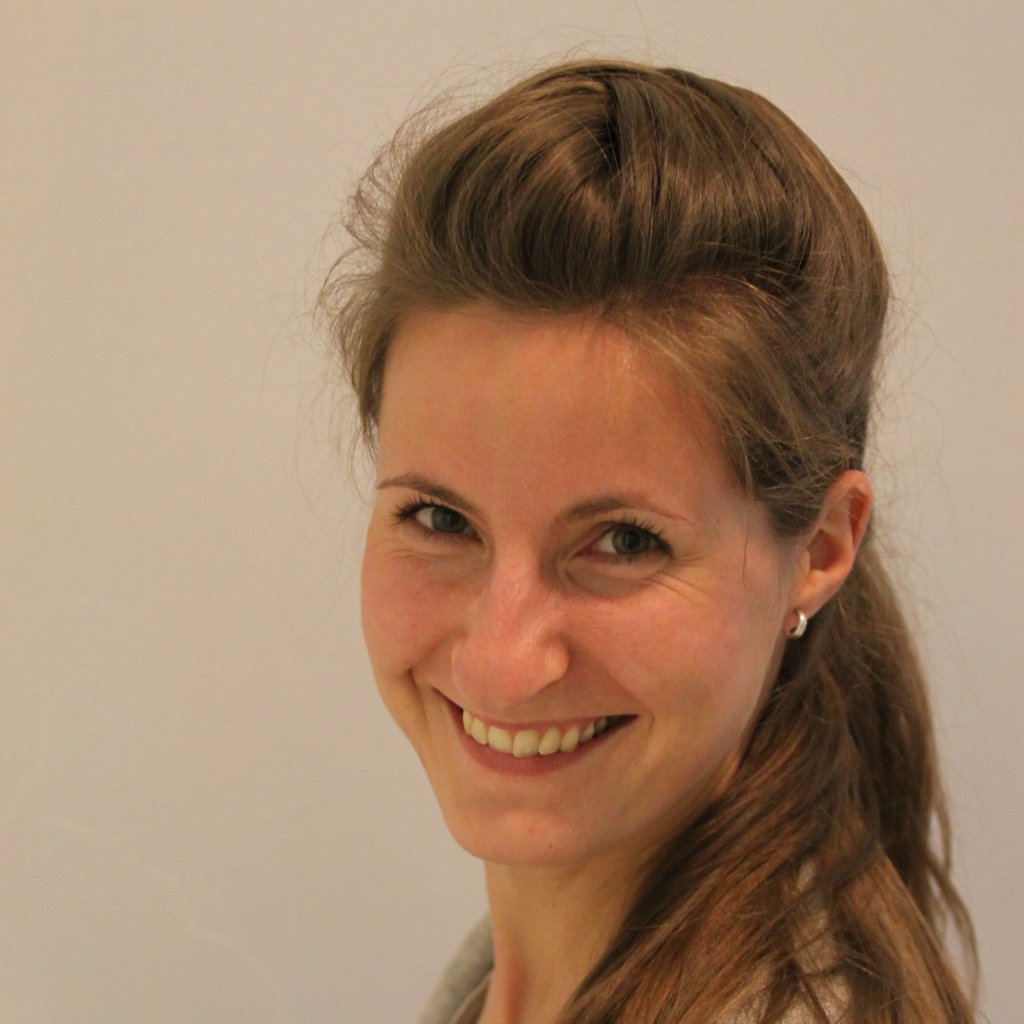The ISC Nominations and Elections Committee is being established to advise on and direct the processes of nomination, election and appointment of members of the ISC Governing Board (according to Статут 38), а также обеспечить целесообразность, эффективность и инклюзивность его состава.
👉 Read the letter from the ISC President on the proposed composition of the Nominations and Elections Committee.
Background and timeline
Члены МКК были приглашены выдвигать кандидатуры for the committee by 16 April 2024. The ISC Governing Board has reviewed the nominations received, taking geographical, disciplinary, gender, ethnicity and career stage considerations into account. The proposed composition of the ISC Nominations and Elections Committee was announced to ISC Members on 10 May. The proposed members of the committee can be viewed below.
ISC Members eligible to vote (see below) are invited to designate their voting delegate (below) who will cast the vote on the approval of the proposed composition of the ISC Nominations and Elections Committee 2024 – 2028 on behalf of the Member organization. Please ensure that you Member organization has designated a voting delegate от 10 май.
(It is not necessary to designate a voting delegate if your organization maintains the same voting delegate as for the recent электронное внеочередное общее собрание on 28 – 29 February 2024 on the revision of the ISC Statutes and Rule of Procedure.)
| 18 апреля 2024 | – Открытие регистрации делегатов с правом голоса Членов (через онлайн-форму ниже) |
| 10 мая 2024 | – Предлагаемый состав Комитета по назначениям и выборам ISC объявляется членам ISC. – Завершение регистрации делегатов голосования членов. |
| 13 мая 2024 | – Открыто голосование по составу Комитета по назначениям и выборам ISC (ссылка для голосования будет отправлена только назначенным делегатам для голосования) |
| 21 мая 2024 | – Завершается голосование по составу Комитета по назначениям и выборам ISC. |
| 24 мая 2024 | – Объявление результатов голосования по составу Комитета по назначениям и выборам МВК. |
Proposed composition
Комиссия состоит из следующего состава (Статут 40):
- я. Независимый председатель, предложенный Советом управляющих, являющийся лицом, которое не представляет и не является активным членом какого-либо члена ISC или его консультативных органов.
- ii. 2 члена Правления не претендуют на переизбрание
- iii. 1 кандидат от Совета стипендий
- iv. 3 номинанта от членов категории 1
- v. 3 кандидата от членов Категории 2
- VI. 1 кандидат от членов категории 3
Please view the proposed candidates for the ISC Nominations and Elections Committee (2024 – 2028) below. You can also download the pdf version.
⭐ Chair: Irina Bokova
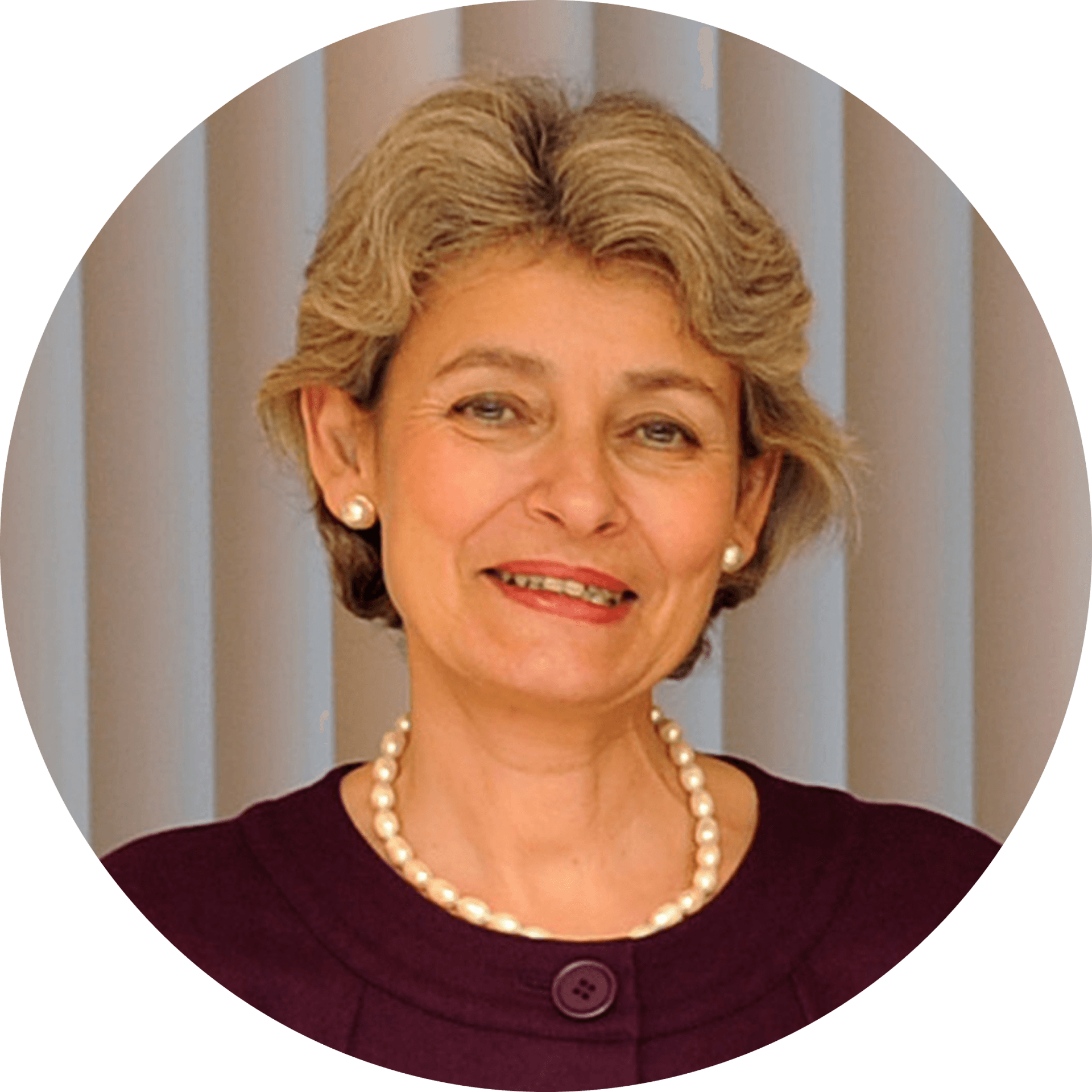
Ирина Бокова – BULGARIA
ISC Patron and co-chair of the Global Commission on Science Missions for Sustainability, International Science Council; former Director-General of UNESCO
⭐ Outgoing Governing Board member: Salim Abdool Karim
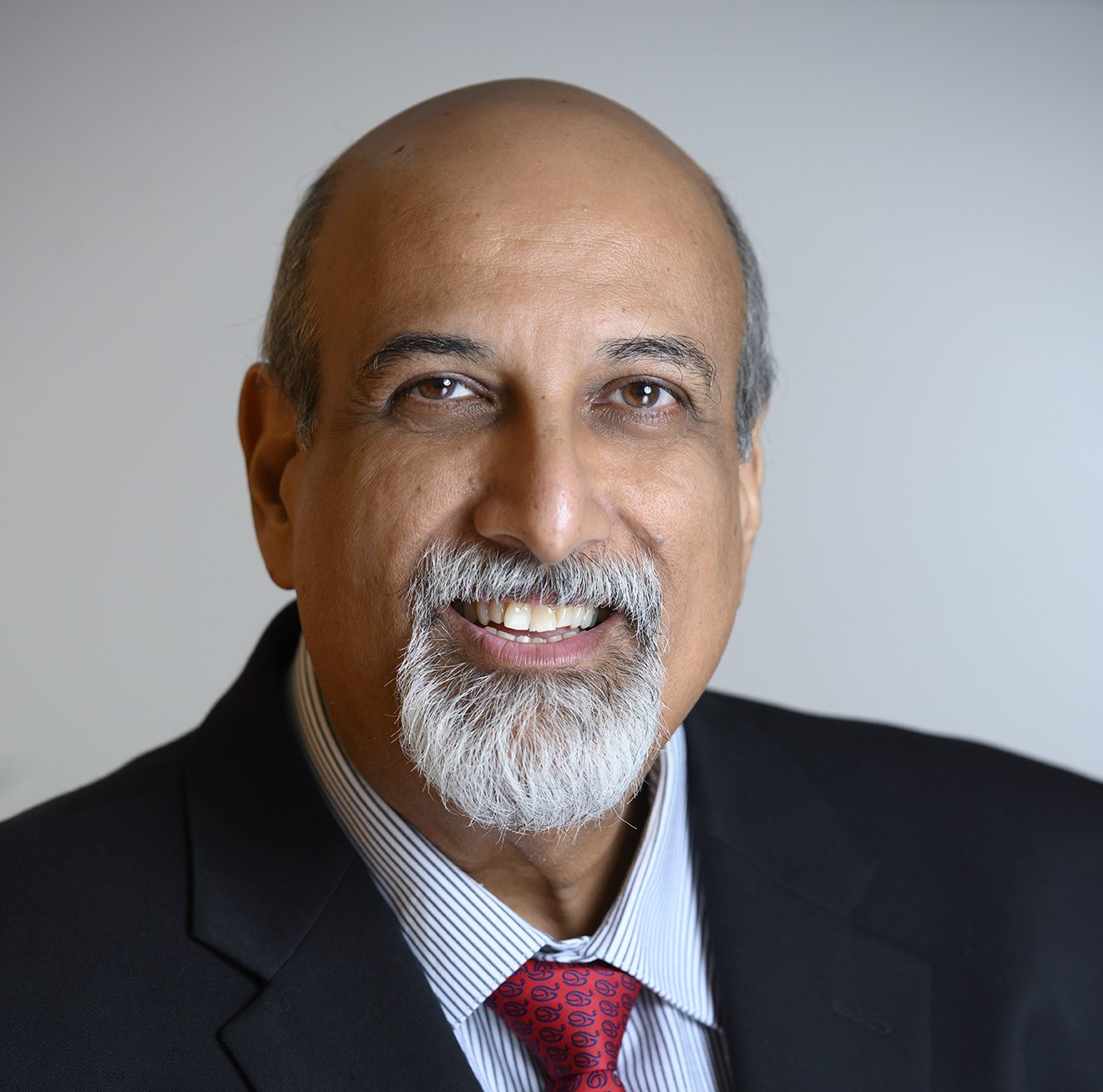
Салим Абдул Карим – SOUTH AFRICA
Vice-President for Outreach and Engagement, International Science Council
Области специализации: Biomedical sciences, epidemiology, virology
⭐ Outgoing Governing Board member: Mei-Hung Chiu
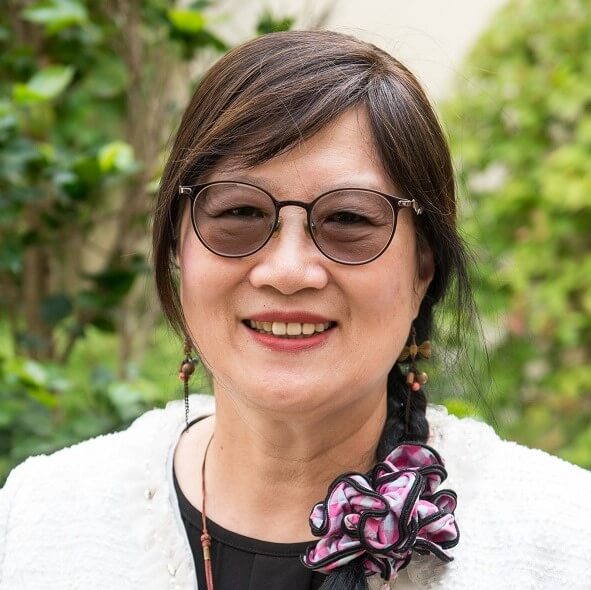
Мэй-Хун Чиу – CHINA: TAIPEI
Ordinary Governing Board member, International Science Council
Области специализации: Science education
⭐ Fellowship Council: Albert van Jaarsveld

Альберт ван Яарсвельд – SOUTH AFRICA
ISC Fellow; former Director General and CEO, International Institute for Applied Systems Analysis (IIASA)
Области специализации: Biodiversity, sustainability, science policy
⭐ Category 1 Members: Maria J. Esteban
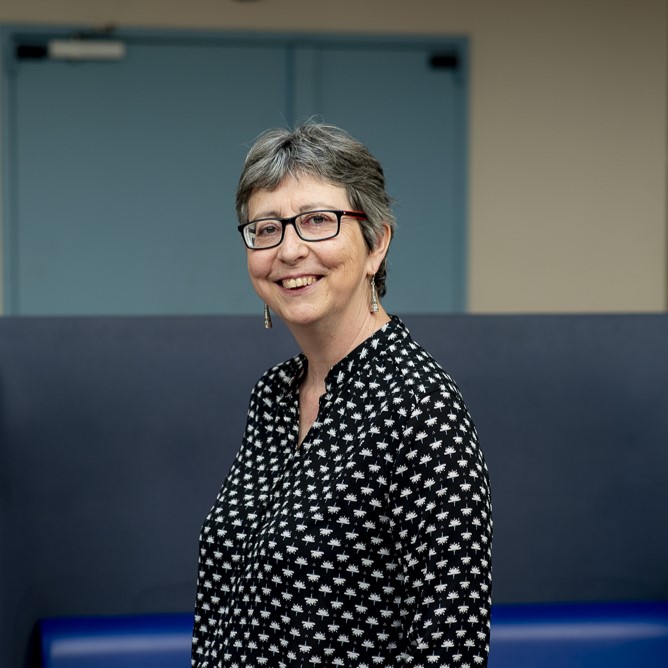
Prof. Maria J. Esteban – FRANCE
Emerita senior researcher at CNRS, University of Paris-Dauphine
Области специализации: Applied mathematics
Номинанты: International Council for Industrial and Applied Mathematics, International Mathematical Union, International Union of Pure and Applied Chemistry
Statement provided by the nominator (International Council for Industrial and Applied Mathematics)
The International Council for Industrial and Applied Mathematics (ICIAM) proposes Professor Maria J. Esteban as member of the ISC Nominations and Elections Committee.
M.J. Esteban is a former president of ICIAM (2015-2019) and currently Chair of the ISC Committee within ICIAM. She has been an ISC fellow since 2022.
Her link to ISC started already when she participated in activities related to ICSU. Then she naturally became involved with ISC: she attended the initial General Assembly of ISC that took place in Paris in 2018, and since then she has attended all General Assemblies, the second one which took place online in 2021 and three extraordinary ones. She has followed ISC’s activities very closely always representing ICIAM. She has participated in many ISC meetings, most of them online, and also in the Midterm Meeting that took place in Paris in May 2023. She is aware of all ISC activities and reports and has followed very closely and is well aware of the discussions around the change of statutes of the ISC.
Over the years Maria J. Esteban has the experience of being president of large societies: ICIAM and also SMAI, the French Society for Industrial and Applied Mathematics. She has presided over and coordinated a good number of hiring committees and scientific advisory boards, for instance, Math+ in Berlin, the International Center of Mathematical Sciences in Edinburgh, ERC Advanced grants panels, the Applied Mathematics Committee of the European Mathematical Society, etc.). At the beginning of her career her involvement was mainly with European organizations, but with the presidency of ICIAM and activities related to SIAM (the Society for Industrial and Applied Mathematics, the largest applied mathematics association in the world), she has become heavily involved in global scientific policy. Moreover, from her participation in many scientific boards and institutions, mostly in Europe, and her presidency of ICIAM, which put her in contact with many different scientific organizations and systems in the world, she is very much aware of the evolution of science systems.
Concerning activities related to nominating committees, Maria J. Esteban has recently participated in important nominating processes: for the presidency of the interdisciplinary Institute for Science and Technology – Austria (ISTA) and for the director of the Mathematics Institute of CNRS, twice. She is also a member of the nominating committee of SIAM.
Maria J. Esteban is a mathematician, who has invested a lot of time and energy in activities of the mathematical community worldwide, but has also been involved in interdisciplinary activities, and in the strengthening of an international science agenda. She is currently vice-president of two interdisciplinary bodies, the Scientific Advisory Board of Charles University in Prague and the Scientific Committee of the Institute of Science and Technology – Austria. Also, some years ago, she participated in the establishment of EU-MATHS-IN, a Dutch foundation created to coordinate all efforts in industrial mathematics in Europe, in close coordination with academics, but also with industries. While in the Board of EU-MATHS-IN she participated in many negotiations and discussions with policy makers and scientific officers, both in many European countries, and at the level of the EU as well. She has therefore a good knowledge of science policy activities.
Those of us who have known Maria J. Esteban for many years from her activities in ICIAM, her mathematical research, and her involvement with the many international organizations listed above, can add something not apparent from her illustrious CV: she exhibits remarkable warmth and perceptiveness about people. She is an ideal candidate for an activity – the Nominations and Elections Committee – where the prime requisite is to be able to select people appropriate to the tasks; people who will have the ability to work for the goals of the organization, and the character to work as a team.
Finally, let us point out that Maria J. Esteban retired from CNRS last year. She remains there as an emerita senior researcher, and she now has at her disposal more time for other activities. Therefore, she has the capacity to devote significant time to the activities of the ISC Nominations and Elections Committee.
Prof.dr. W.H.A. Schilders, president ICIAM, also on behalf of all officers, Email: president@iciam.org
Statement provided by the nominator (International Mathematical Union)
The International Mathematical Union (IMU) proposes to nominate Professor Maria J. Esteban (Université Paris Dauphine-PSL, France), as a member of the next ISC Nominations and Elections Committee.
Maria J. Esteban is a highly respected and active member of the international mathematical community and has been an ISC Fellow since 2022. She has received numerous honorary awards and prizes.
Maria J. Esteban has a profound knowledge of the full spectrum of ISC activities, reaching back to the beginnings of the ISC in 2018. She has attended all instances of the General Assembly (GA) of the ISC to date – the initial GA in 2018, the 2021 online GA, and the three extraordinary GA’s, as well as the Midterm Meeting in May 2023. Moreover, she closely followed and participated in the discussions leading to the recent change of statutes of the ISC.
Maria J. Esteban research areas are nonlinear partial differential equations, Mathematical Physics and the study and application of variational methods in Quantum Mechanics and Quantum Chemistry. She has a very broad interest in mathematics including its industrial applications. As such, she has been president of the International Council for Industrial and Applied Mathematics (ICIAM), as well of the French Society for Industrial and Applied Mathematics (SMAI).
Maria J. Esteban has been actively involved in many activities of the IMU, for example, she served as a member of the IMU Gauss Prize committee, awarded at the International Congress of Mathematicians (ICM) in 2018 in Rio de Janeiro, Brazil, and sat on the IMU Emmy Noether Lecture selection committee for the ICM in 2014 in Seoul, South Korea. She was also a member of the Abel Prize Committee in 2014 and 2015.
Maria J. Esteban has coordinated many high-level scientific advisory boards and scientific committees, such as the Excellence Cluster Math+ in Berlin, or the International Centre of Mathematical Sciences in Edinburgh for example and has been president or member of several European Research Council (ERC) Advanced grants panels. She has wider interests in interdisciplinary research and currently serves on the Scientific Advisory Board of Charles University in Prague, as well as on the Scientific Committee of the Interdisciplinary Institute of Science and Technology in Austria, where she also participated in the search committee for its current president.
In summary, the IMU considers Maria J. Esteban to be among the most respected scientific personalities in the fields of mathematics, its applications, and mathematical physics. She has extensive experience in various nominating committees, and precise knowledge related to science policy. In addition to being a collegial and consultative contributor, Maria J. Esteban has the rare quality of being a perceptive and strategic thinker, who has been an asset to all boards and committees on which she has served. As Maria J. Esteban retired from CNRS last year she will be able to devote significant time to the activities of the ISC Nominations and Elections Committee.
In view of all this, the IMU considers Maria J. Esteban to be the ideal candidate for the Nomination and Election Committee and strongly supports her nomination.
Statement provided by the nominator (Международный союз теоретической и прикладной химии)
Maria J. Esteban is among the most respected scientific personalities in mathematics, its applications, and mathematical physics. She has extensive experience in various nominating committees and precise knowledge related to science policy. In addition to being a collegial and consultative contributor, Maria J. Esteban has the rare quality of being a perceptive and strategic thinker who has been an asset to all boards and committees she has served. As Maria J. Esteban retired from CNRS last year, she can devote significant time to the ISC Nominations and Elections Committee activities.
⭐ Category 1 Members: Nathalie Lemarchand

Prof. Nathalie Lemarchand – FRANCE
Professor/First Vice-President, University of Paris VIII/International Geographical Union
Области специализации: Human feography, globalization of retailing, consumption, scientific production
лицо, предлагающее кандидата: International Geographical Union
Statement provided by the nominator
Elected Vice-President of the International Geographical Union in 2016 in Beijing, China, Nathalie Lemarchand has since taken part in the regular discussions held within the IGU EC concerning the merger of the two international scientific councils, the International Council for Science (ICSU) and the International Social Science Council (ISSC), from which the ISC was formed. In July 2018, registered as a participant as VP of the IGU, she accompanied Yukio Himiyama, then President of the IGU, and Michael Meadows to the founding General Assembly of the new Council in Paris, France. Since then, Professor Lemarchand has closely followed the debates and discussions on the strategy of the ISC. To that effect, she has taken part in the working group on open science which led to the publication of a report by the International Science Council in February 2021. (Opening the record of science: making scholarly publishing work for science in the digital era. Paris, France).
Furthermore, Professor Lemarchand, , as First Vice-President of the IGU. participated consistently in discussion and debates linked to the new ISC statutes. In particular, she accompanied Michael Meadows, in his capacity as IGU President, to the midterm ISC members meeting in May 2023, which allowed direct exchange between the working group on the new ISC statutes and its members, and the introduction of new members such as young academics. She then continued to take part in the discussions on the changes to the statutes aimed at satisfying category 1 and 2 members. Over the years, Professor Lemarchand has also consistently interacted and exchanged with representatives of the various members of the ISC, the Unions and also representatives of the Academies, in particular those of the Académie Française des Sciences. She has also strongly supported the enlargement of the ISC, which now has 245 members, divided into four categories, representing the scientific world in many fields and at different scales, thus committing the ISC to being the global voice for Science in a vision of Science as a global public good.
Since the start of her academic career, Lemarchand has been heavily involved in the governance of French universities at both institutional and national level, as well as in national academic associations with an international vocation. She was an elected member and associate member of the national university council for geography (2003–2007) and an elected member of the national council for scientific research for the section relating to geography (2012–2016). Between 2002 and 2010, she was an elected member of the governing board of the French Association of Canadian Studies, a member association of the International Council for Canadian Studies. Elected Vice-President of the French National Committee of Geography, a member of the IGU, she is currently a member of its council. Finally, since her election as VP of the IGU, she has become the IGU representative on the SCGES, and is actively involved in setting it up. In each of these roles, Professor Lemarchand has been actively engaged in defining and implementing the strategies of these organisations.
Through her involvement in the aforementioned local, national and international bodies, as well as through her research, associating her with European scientific networks in geography (for example EUGEO), and interdisciplinary networks providing expertise to public and private actors, Nathalie Lemarchand is deeply interested in changes in scientific systems and their impact. Moreover, her supervision of a large number of foreign doctoral students brings her into direct contact with a wide variety of academic contexts.
Lemarchand is particularly interested in the development and use of Artificial Intelligence in science, the resources and limitations of which scientists evaluate on a daily basis pays special attention to developments in open science and, more broadly, in the publication system, which is intended to promote the dissemination of scientific knowledge. Lemarchand also has a fine grasp of the challenges of international science policy in the service of humanity and, indeed, starting in 2024-25, the President of her University, Paris 8, has invited her to lead an observatory on academic freedom).
Nathalie Lemarchand is a Full Professor. As of the start of the 2024 academic year, she will be given half-duty. Her teaching, currently spread over the two semesters of an academic year, can thus be grouped together and free up the time needed for the role of the ISC Nominations and Elections Committee during election periods. During these election periods, her teamwork within the IGU, as well as her teamwork for her research, will allow her to have the time necessary for her active participation in the ISC Nominations and Elections Committee.
⭐ Category 1 Members: Elina Moustaira

Prof. Elina Moustaira – GREECE
Профессор of Comparative Law, School of Law, National & Kapodistrian University of Athens, Greece
Области специализации: Comparative law, art law, insolvency law
лицо, предлагающее кандидата: International Association of Legal Science
Statement provided by the nominator
Professor Elina (Eleni) N. Moustaira is the Vice President 1 of the International Association of Legal Science (IALS). She is a world-renowned expert on her field of work and she is actively engaged in the activities of the IALS.
IALS was established in 1950 with a view to promoting the development of legal science throughout the world, by using in particular the comparative method. It was a founding member of the International Social Science Council (ISSC). Collaboration continues with the International Science Council (ISC) and the IALS is the only member of that council that represents the scientific field of legal science.
Professor Moustaira has collaborated with other international organizations in her efforts to develop legal science. For example, our nominee has been actively involved in the work of the International Institute for the Unification of Private Law (UNIDROIT) and with the World Society of Mixed Jurisdictions Jurists.
Elina is familiar with the life and work of the ISC in her capacity of Vice President 1 of IALS. In her extensive career path, Elina took leading positions in programs that involved different actors with diverse backgrounds, gaining international exposure.
In the scope of IALS, Professor Moustaira has participated of our most recent symposium in Australia. There, experts engaged in dialogue about property law and sustainably, a topic that has gained a place of prominence in policy agendas across the globe.
Our nominee actively promotes cooperation and integration in science, as attested in the activities of IALS, strengthening the international agenda of legal sciences.
⭐ Category 2 Members: Narinder Mehra
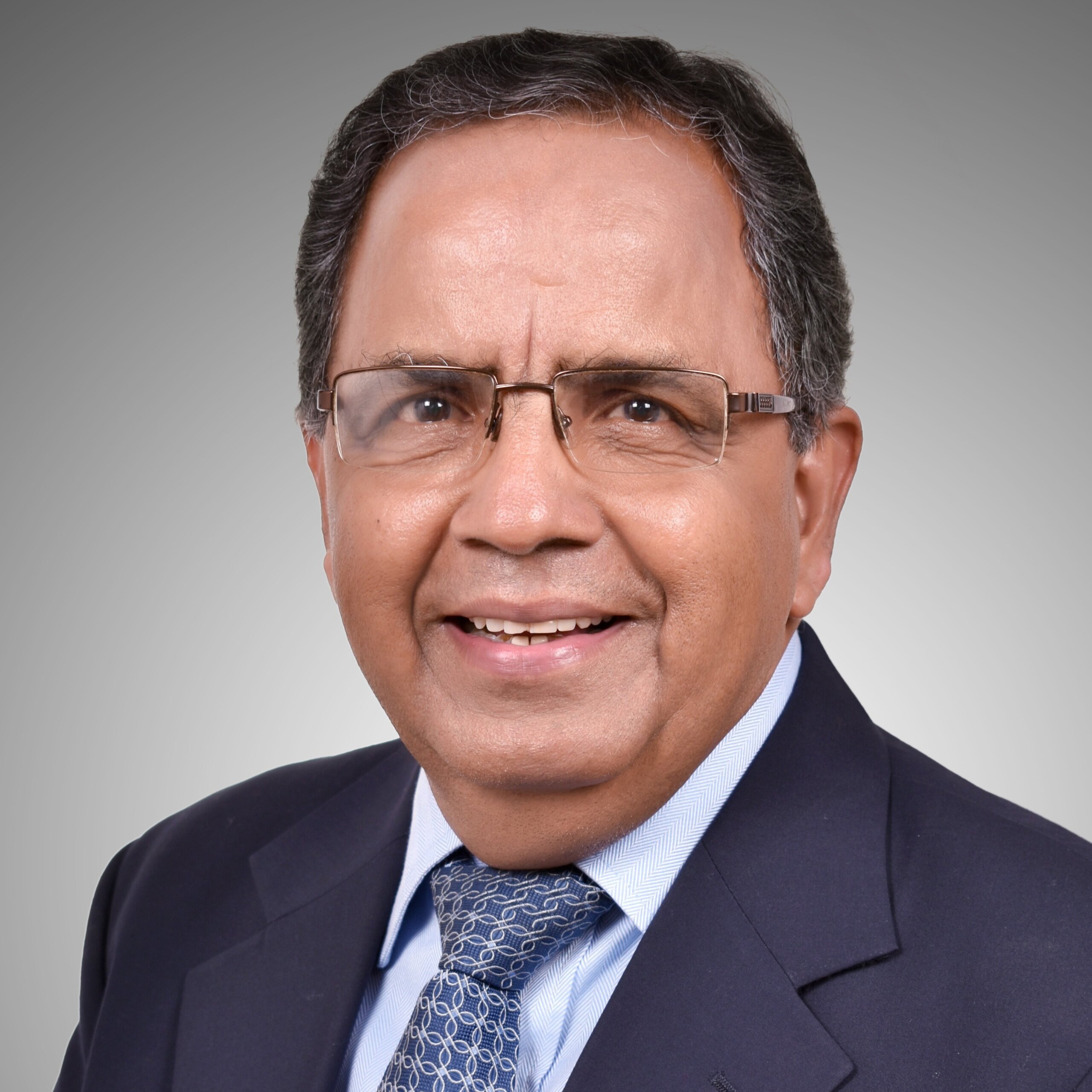
Prof. Narinder Mehra – INDIA
Vice President (international affairs), Indian National Science Academy
Области специализации: Biomedical sciences, transplant immunology, autoimmune diseases, science policy
лицо, предлагающее кандидата: Indian National Science Academy
Statement provided by the nominator
Prof Narinder Mehra handles international affairs of the Indian National Science Academy as the Vice President. He is a leader among prominent medical specialists and researchers, who through sheer dedication and determination achieved national and international recognition as science leader from a developing country. He established the new specialty of Transplant Immunology and Clinical Immunogenetics for the first time in India and other low-and middle-income countries. With experience in policy and strategic planning, his focus is to promote cutting-edge science initiatives and develop research programs of public importance through networking including with the industry. As member of the ‘Awards selection committee’ of the ISC, he chaired the group for Early career Scientist awards for Asia and for Australia/Oceania. He was a councillor for the international union of immunological societies for a record four terms and co-chaired their Gender equality and career development committee. In this role, he contributed significantly in promoting women scientists, particularly from the less affluent countries to undergo education and training, mentoring them to take up research on diseases specific to their own countries.
He started his scientific career in the early 1970s in HLA genetics and Transplant Immunology when this subject was virtually non-existent in India. He often had to work under extreme difficult conditions with very little funding and mentoring support. Soon, his laboratory attained international recognition. It is primarily due to his efforts that the organ and stem cell transplant activity got immensely activated in South Asia with almost every center seeking his expertise.
His strength lies in promoting collaborative networks and build bridges through novel initiatives. He is a strong votary of Global data sharing among nations for achieving UN sustainable development goals. During the COVID pandemic, he played an important role in public education by publishing regular columns in newspapers highlighting aspects of host immunity and vaccines against the virus, conducting webinars and public lectures for a range of audience including the lay public and experts in biomedicine. He produced a white paper on ‘COVID-19 – host immunity and vaccines’ which was published by the Indian National Science Academy.
Despite remarkable developments in science, the fruits of its benefits have seemingly not reached equally to all of the world’s people. COVID pandemic has highlighted critical gaps in several areas of science, particularly those related to improving human health and more importantly to life sciences in general. Although ISC has emerged as an impactful non-governmental organization with an impressive global presence, it needs to strengthen its footprint equally in all regions of the world particularly in low-income countries and emerging economies. It is important that the council becomes a more powerful voice of science policy and advocacy globally. To that extent, Narinder Mehra with his biomedical background and an impressive record in mentoring scores of young researchers globally, and with deep understanding of the current trends in science and technology worldwide, as well with his extraordinary level of expertise in trans-disciplinary and interdisciplinary areas of science could prove to be an asset for the ISC.
He is the most highly decorated scientist with over 100 science awards to his credit. The French President conferred on him the Chevalier de L’Ordre National du Merite’, the Iranian President honored him with the Khwarizmi international award and the Hungarian academy of sciences included him as Member Honoris Causa. He is a Fellow of The World Academy of Sciences (FTWAS), International Science Council (FISC) and represents India in the BRICS Forum, International Science Council and in science 20 (S20) deliberations of the G20 countries. He brings over three decades of experience as member/councillor of various international committees dealing with science policies and planning.
He has been representing the voice of Indian science at G20/S20 forums for the past few years and was the ‘coordinator’ during for the Science 20 engagement group during India’s G20 Presidency. Prof Mehra worked with utmost dedication to bring India on the world map in the area of HLA Genetics. It is not surprising that he is one of the most decorated scientists of India having been honoured with almost all the highest awards of science including the most coveted S.S. Bhatnagar award, Ranbaxy Science Foundation award, O.P. Bhasin Science Foundation award, Tata innovation fellowship of the DBT, Dr B.R. Ambedkar award of the ICMR and several others. Recently, the Royal college of Physicians of UK have conferred on him their prestigious Honorary Fellowship.
⭐ Category 2 Members: Cheryl Praeger
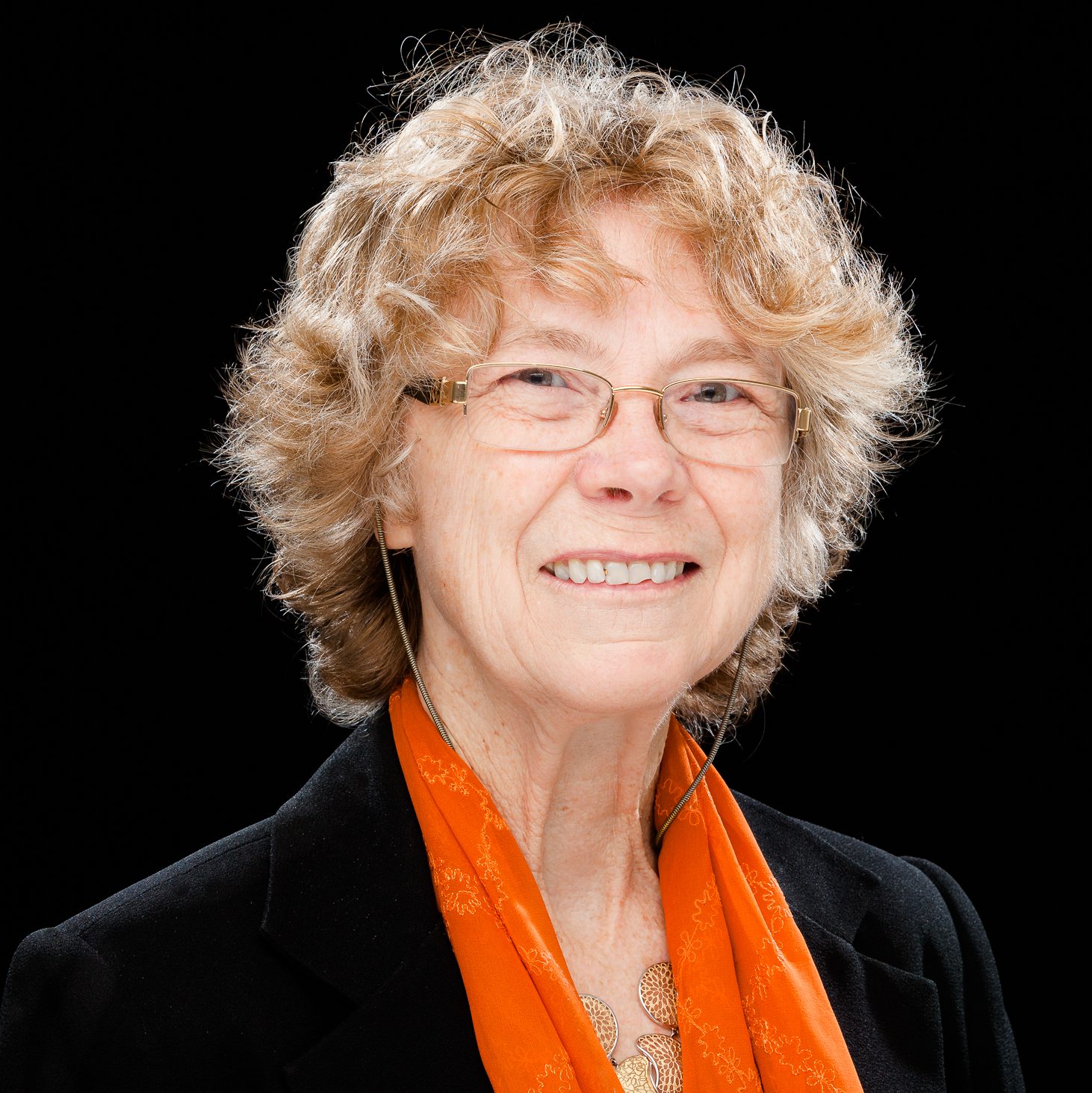
Prof. Cheryl Praeger – AUSTRALIA
Почетный профессор, Centre for the Mathematics of Symmetry and Computation, University of Western Australia
Области специализации: Mathematics and data analysis, mentoring, women in STEM, international linkages
лицо, предлагающее кандидата: Australian Academy of Science
Statement provided by the nominator
On behalf of the Australian Academy of Science, we are delighted to nominate Emeritus Professor Cheryl E. Praeger as a Member of the International Science Council’s Nominations and Elections Committee.
Cheryl E. Praeger is an Emeritus Professor of Mathematics, who has retired after 40 years of service at the University of Western Australia. She now focuses on research and research supervision in Group Theory and Combinatorics in her role as Senior Honorary Research Fellow. She has made extensive contributions to mathematics research, tertiary education and women in STEM careers in Australia and internationally through active participation in many national and international scientific bodies. She has graduated more than 30 PhD students and published more than 450 research articles.
Professor Praeger received her DPhil degree from the University of Oxford, and received honorary doctorates from Universities in Thailand, Belgium, Iran, Scotland, Slovenia and Australia.
She was elected to the Australian Academy of Science in 1996 and served as its Foreign Secretary 2014– 2018. She was named 2009 Western Australian Scientist of the Year and was the 2015 inductee into the Western Australian Science Hall of Fame. In 2019, Professor Praeger was the recipient of the Australian Government’s Prime Minister’s Prize for Science.
Professor Praeger has an extensive understanding and familiarity with the ISC. She is a former Member of the Inaugural Committee for Freedom and Responsibility in Science (2019–2022). As a former Foreign Secretary of the Australian Academy of Science, she was tasked with overseeing the international activities of the Academy, including activities of the ISC and the international scientific unions. She was Australia’s voting delegate on ISC matters during this period. Professor Praeger was elected a Fellow of the ISC in 2023.
Professor Praeger has over 40 years of experience in teaching, research, scientific leadership and science advocacy in Australia and across the globe. She is the first woman to be President of the Australian Mathematical Society. She is a current member of Australia’s National Science and Technology Council (2022–2025). She was a core member of the Prime Minister’s Science and Engineering Council (PMSC/PMSEC, 1989–1992) and the Curriculum Development Council (CDC, 1984–1988). In 2021, she was appointed Companion of the Order of Australia “for eminent service to mathematics, and to tertiary education, as a leading academic and researcher, to international organisations, and as a champion of women in STEM careers”. She is also a Fellow of the American Mathematical Society and Honorary member of the London Mathematics Society.
Professor Praeger’s service to Mathematics and Science extends internationally. Apart from serving on the Executive of the International Mathematical Union and Vice-President of the International Commission for Mathematical Instruction, she has been a part of the Executive Committee of the InterAcademy Partnership from 2016–2019. She has also been on the Executive Board of the Association of Academies and Societies for Science in Asia (AASSA) and chaired AASSA’s special committee on Women in Science and Engineering (2016–2021).
Professor Praeger is a pure mathematician specialising in algorithmic and statistical group theory. She has always been an innovator and changemaker, advocating and embodying the pursuit of diversity and inclusion in the discipline of mathematical sciences. Professor Praeger has a long history of service on major international scientific bodies and has promoted cooperation and actively worked to strengthen the international science agenda. In 2019–2022 she also acted on the IMU Committee for Women in Mathematics.
Professor Praeger is a passionate supporter and mentor of young scientists, especially women, having been a pioneer for women in mathematics, including as the first female president of the Australian Mathematical Society and only the second female mathematics professorial appointment in Australia. Professor Praeger’s mathematical expertise and first-hand experience championing women in mathematics, combined with her experience in a variety of international scientific unions and academy organisations, provide her with a broad perspective across the issues surrounding women in STEM, as well as diversity and inclusion.
Despite the extensive responsibilities associated with her research and educational efforts, Professor Praeger is deeply committed to devoting a significant time to the role as a Member of the NEC during election periods and throughout the four-year-commitment.
⭐ Category 2 Members: Vaughan Turekian
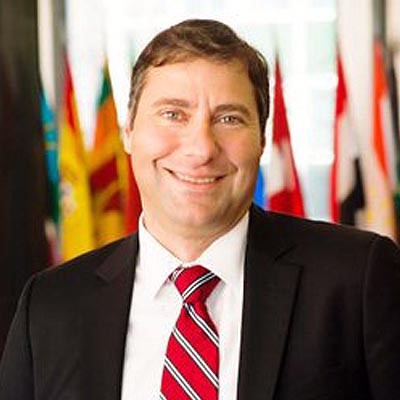
Dr. Vaughan Turekian – США
Executive Director, Policy and Global Affairs Division, US National Academies
Области специализации: Science policy, science diplomacy, governance, cooperation
лицо, предлагающее кандидата: US National Academies
Statement provided by the nominator
Vaughan Turekian has extensive experience in governance and leadership of science organizations, especially in international programs both within and outside the US government. He has deep knowledge of the evolution of science policy systems internationally and is the founding director of the Center for Science Diplomacy at AAAS. He has significant familiarity with the ISC and also with other international organizations that are part of ISC’s network. He is dedicated to promoting cooperation and integration in science for a strengthened international science agenda and he will devote the time needed, if selected, as member of the ISC nominations and elections committee. Importantly, Vaughan is highly respected within the international science policy community and works well with others.
⭐ Category 3 Members: Anderson Ho Cheung SHUM

Prof. Anderson Ho Cheung SHUM – HONGKONG/CHINA
Профессор, Department of Mechanichal Engineering, University of Hong Kong
Области специализации: Chemical engineering, biomedical, Artificial Intelligence (AI), intelligent manufacturing
лицо, предлагающее кандидата: Global Young Academy
Statement provided by the nominator
Anderson Shum is highly motivated to serve on the International Science Council Nominations & Elections Committee. Commencing with his academic career as Professor and then being promoted to Associate Vice President (Research and Innovation) at the University of Hongkong, he has achieved remarkable academic success, and he is regarded as rising star in the academia and science community of Hong Kong. He is committed to the principle of the quest for knowledge, and dedicated to innovation research, the exchange and dissemination of knowledge and interdisciplinary and transnational collaboration. He is also a practitioner of science, primarily focusing on people’s wellbeing and sustainable development globally. He maintains a deep social commitment to democratic governance and the advancement of science.
In 2021, Anderson was selected as the first member of the Global Young Academy (GYA) based in Hong Kong, and actively engaged with the activities in the community. He has developed a significant familiarity with its mission, objectives, and priorities. As such, he has also closely followed the work and actively participated in numerous scientific events and conferences organized by GYA partner ISC. This experience has provided him with a comprehensive understanding of ISC’s role in promoting international scientific collaboration, addressing global challenges, and fostering interdisciplinary research. He is well-acquainted with the ISC’s structure, initiatives, and ongoing efforts to advance the global scientific agenda.
Anderson brings extensive experience in governance and leadership of science organizations, particularly in international or complex structures. He has been serving in leadership positions as Associate Vice President (Research and Innovation), starting HKU Techno-Entrepreneurship Core (TEC) at The University of Hong Kong (HKU), the President and founding member of The Hong Kong Young Academy of Sciences (YASHK), and the founding director of Advanced Biomedical Instrumentation Center (ABIC), Member of the 10th National Committee of China Association for Science and Technology (CAST), and Non-official Committee Member of the Committee on Innovation, Technology and Industry Development of Hong Kong SAR Government. He effectively manages diverse interests, fosters consensus, and makes decisions in a collaborative and inclusive manner. He promotes principles of transparent governance, accountability, and effective resource allocation, which are crucial for the successful functioning of the ISC Nominations & Elections Committee.
Anderson is dedicated to creating more endeavors to bring together groups of distinguished scientists who are determined to develop the ecosystem of innovation and commercialization and address unmet needs in the areas of Biomedical, Artificial Intelligence (AI) and Intelligent Manufacturing. His principal aim is to cultivate the next generation of talented research scientists, facilitate commercialization of research results, and nurture impactful entrepreneurs and startups.
In his regional context, Anderson has contributed to shaping policies and allocating government resources to research and innovation by serving on national and Hong Kong’s industrial and governmental committees and boards, to build an ecosystem involving all the key players and stakeholders in the research and innovation value chain including researchers, scientists, business partners, universities and governments.
Anderson is committed to devoting significant time and effort to this ISC committee, to ensure the integrity and effectiveness of the nominations and elections processes. He has consistently demonstrated his capacity to prioritize and commit to important responsibilities. He will be able to allocate the necessary time to engage with ISC’s stakeholders and the broader scientific community. He will actively participate in discussions and decision-making processes to ensure that ISC’s nominations and elections processes are fair, transparent and democratic.
Кто может голосовать
Полноправные члены с хорошей репутацией (т. Категория 1, Категория 2 и Категория 3 Члены, уплатившие членские взносы за последние три года до 2023 года включительно или, для новых членов со стажем менее трех лет, с момента вступления в ISC и до 2023 года включительно) имеют право голоса (Статут III, статья 10). Члены Категория 4 может не голосовать.
Система голосования
In sessions of the General Assembly a quorum shall consist of a minimum of 50% of the Members eligible to vote (Правило процедуры 1.1) – то есть, по крайней мере, половина имеющих право голоса должна проголосовать.
Система голосования, которая применяется к этому голосованию, изложена в Статуте V, статья 17.ii:
- а. Члены Категории 1 в совокупности имеют 40 процентов от общего числа голосов; Члены Категории 2 в совокупности имеют 40 процентов от общего числа голосов; Члены категории 3 в совокупности имеют 20 процентов от общего числа голосов.
- б. В Категории 1 и Категории 3 каждый Член имеет равное право голоса.
- в. Каждый член Категории 2 имеет равный голос, за исключением случаев, когда имеется более одного Члена Категории 2, представляющего одну и ту же страну, территорию или регион, и в этом случае Члены от этой страны, территории или региона должны договориться об общей позиции голосования, в результате чего в один голос. Если они не придут к согласию, между ними должна быть согласована пропорция этого голоса, в противном случае голоса будут разделены пропорционально уплаченным взносам.
Форма обозначения
Please designate your Member organization’s voting delegate in the context of the upcoming electronic vote on the ISC Nominations and Elections Committee via the online form below от 10 май.
(It is not necessary to designate a voting delegate if your organization maintains the same voting delegate as for the recent электронное внеочередное общее собрание on 28 – 29 February 2024 on the revision of the ISC Statutes and Rule of Procedure.)
Контакты
Энн Тим
anne.thieme@council.science
Сотрудник по связям с членами
Фото Антуанетта Бильмайер on Unsplash

